Traveling abroad often means dealing with a currency that’s different from what you use at home, and small mistakes can end up costing more than you think. From unfair exchange rates to hidden fees, there’s a lot to watch out for before and during your trip. Knowing the right approach helps you stretch your budget and avoid unnecessary losses.
Here is a list of 16 practical foreign currency tips that will help you keep more money in your pocket while traveling.
Research the Local Currency Before You Go
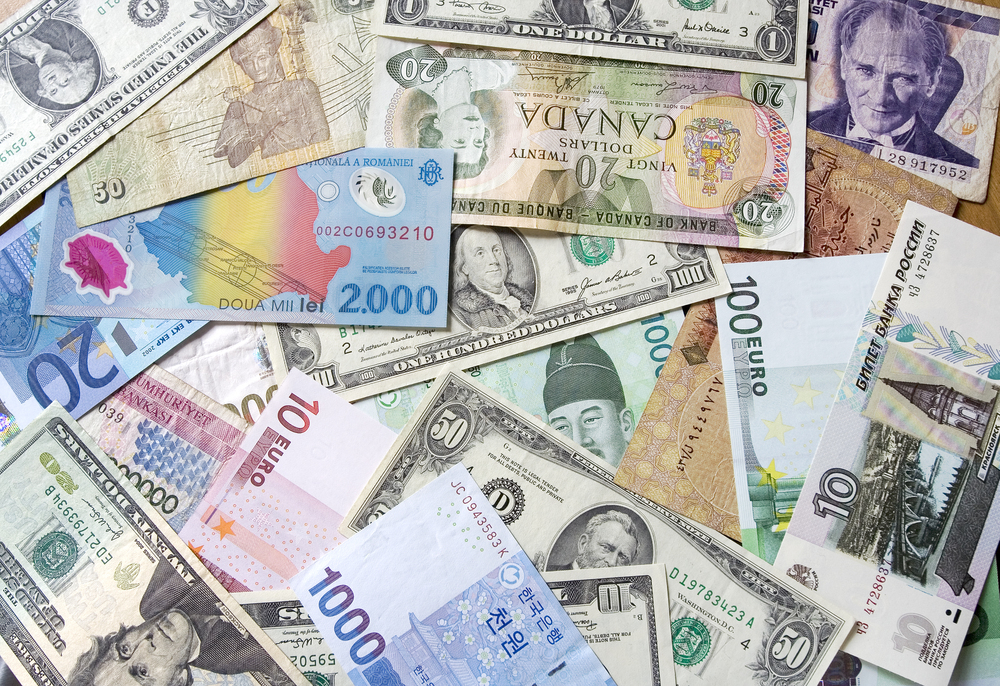
Before your trip, learn the name, symbol, and common denominations of the local currency. Being familiar with what the bills and coins look like will help you avoid confusion at shops or markets.
Some countries use similar-looking notes for very different values, which can lead to costly mistakes. Understanding the exchange rate beforehand also gives you a sense of what things should cost, helping you spot overpriced offers.
Avoid Airport Currency Exchanges
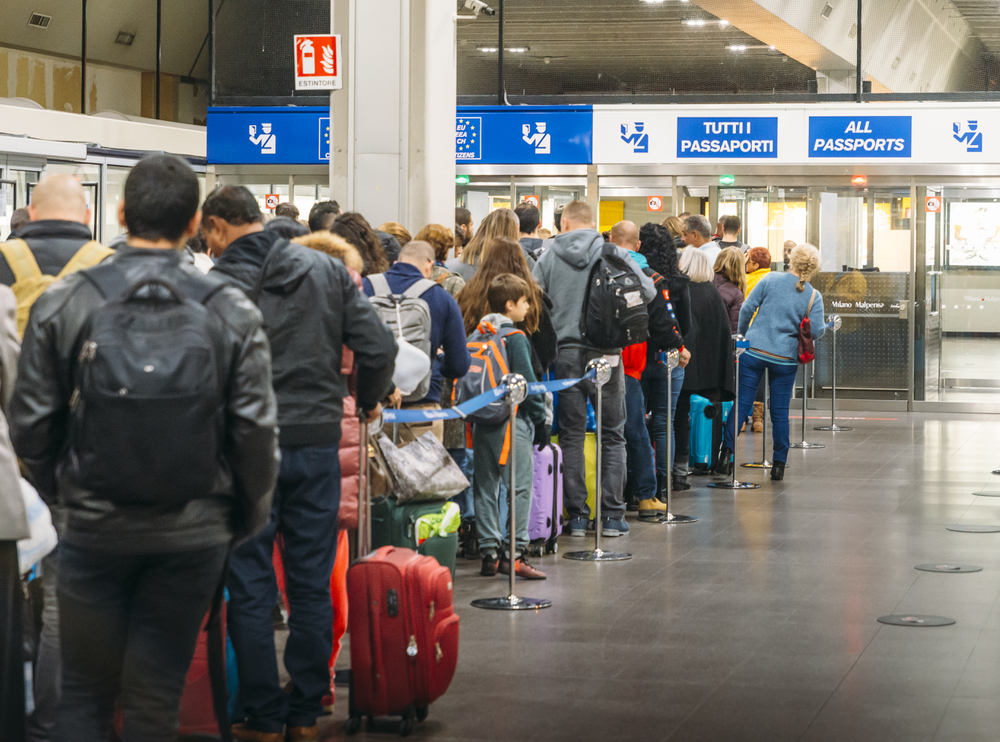
Airport exchange counters often charge some of the highest fees and offer poor rates compared to banks or local exchange offices. While it’s convenient to exchange money as soon as you land, you’ll get better value by waiting until you reach the city.
If you must exchange at the airport, keep it to a small amount for immediate needs like transportation. Once you find a fairer option, you can convert larger sums without losing as much to fees.
Like Travel Pug’s content? Follow us on MSN.
Use ATMs Linked to Major Banks
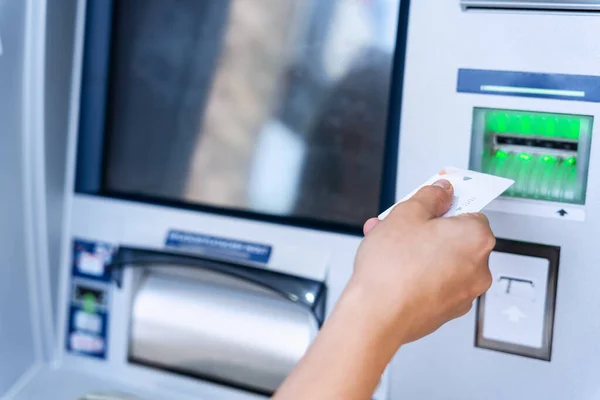
Local ATMs ffiliated with reputable banks usually have better exchange rates than money changers. They often convert at or near the market rate, with only a small fee from your bank.
However, avoid stand-alone ATMs in tourist areas, as they may have high withdrawal fees or less secure machines. Check your bank’s international ATM network before leaving so you know which machines to use safely.
Notify Your Bank Before Traveling
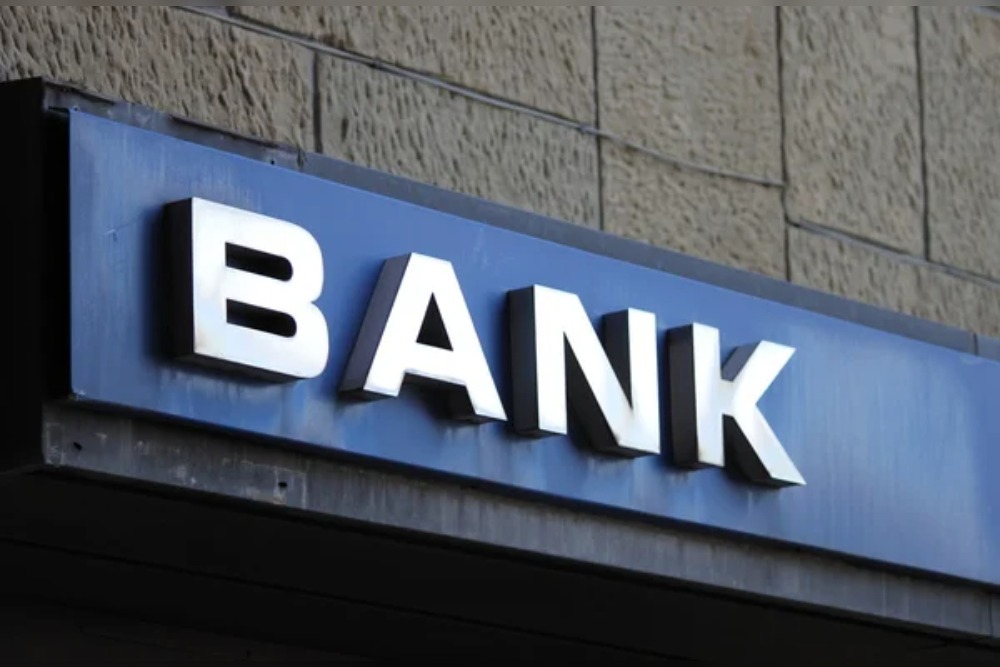
Banks sometimes block foreign transactions if they suspect fraud, which can leave you stuck without access to your money. Let your bank and credit card companies know your travel dates and destinations in advance.
This ensures your cards work when you need them and reduces the risk of a security freeze. Many banks allow you to set travel alerts quickly through their mobile apps.
Bring More Than One Payment Method
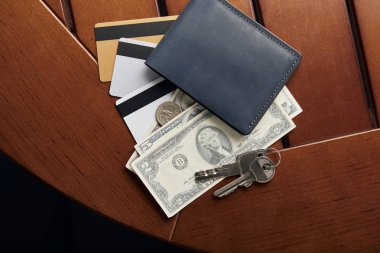
Relying on just one card or one source of cash can be risky if it gets lost, stolen, or blocked. Carry a backup credit or debit card stored separately from your main wallet.
In some regions, certain cards are more widely accepted than others, so having both Visa and Mastercard can be useful. A mix of cash and cards gives you more flexibility in case of emergencies.
Like Travel Pug’s content? Follow us on MSN.
Keep Small Bills for Local Purchases
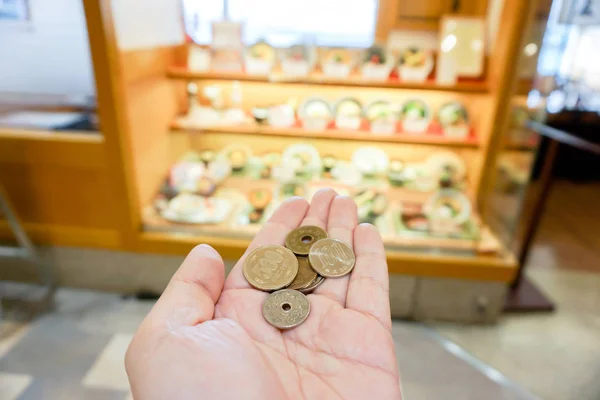
In many places, small shops, street vendors, or public transport drivers won’t have change for large notes. Having a stack of smaller bills makes daily transactions quicker and smoother.
This also prevents situations where you overpay simply because the vendor can’t break your bill. When exchanging money, ask for a mix of denominations to avoid running out of small change.
Avoid Dynamic Currency Conversion

Some merchants or ATMs may offer to charge you in your home currency instead of the local one, a service called dynamic currency conversion.
While it sounds convenient, the exchange rate is often much worse than what your bank would provide. Always choose to be charged in the local currency to save money. This setting usually appears during card transactions—double-check before confirming payment.
Check the Real Exchange Rate
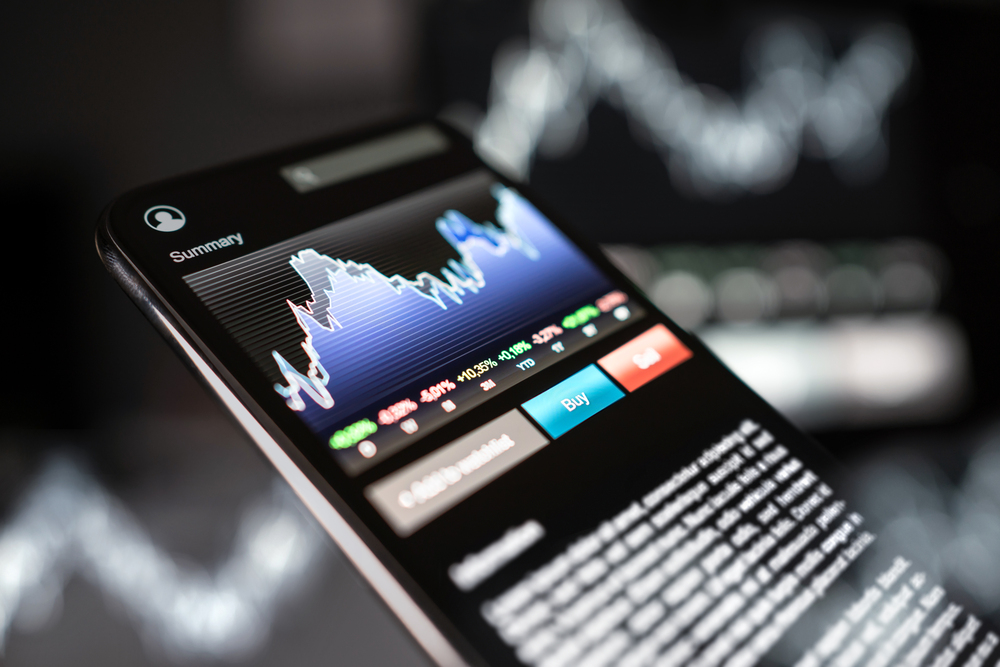
Before exchanging money or making large purchases, check the current market exchange rate using trusted financial websites or currency converter apps. This gives you a clear baseline to compare against what you’re offered.
If the rate seems too far from the market value, it’s a sign you’re being overcharged. Knowing the real rate helps you negotiate better when exchanging cash at local counters.
Like Travel Pug’s content? Follow us on MSN.
Spread Out Your Cash Storage
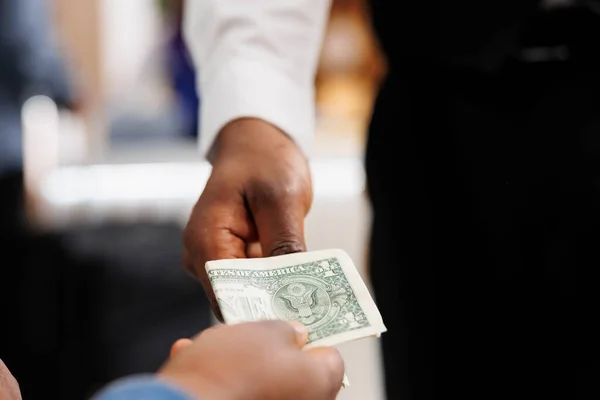
Carrying all your money in one place is risky—if you lose it, you lose everything. Divide your cash into different locations, such as a money belt, a locked suitcase, and your wallet.
This way, even if something happens, you’ll still have access to funds. Many travelers also use hotel safes to keep a portion of their money secure.
Be Wary of Street Money Changers
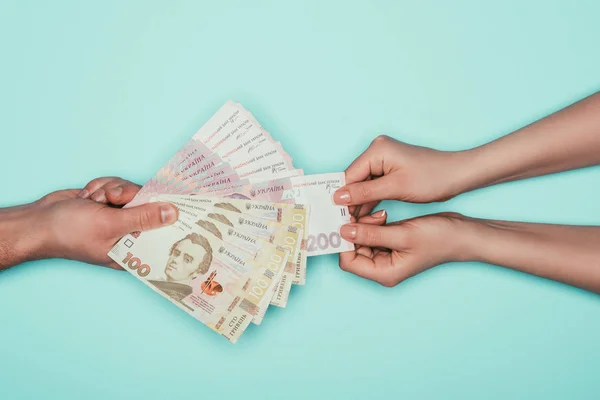
While street money changers may seem to offer better rates, they sometimes use tricks like short-changing or giving counterfeit bills. Stick to licensed exchange offices or bank counters to reduce the risk of scams.
In some countries, dealing with unauthorized exchangers is illegal and can lead to trouble with authorities. A safe exchange is worth paying a slightly higher fee for.
Use Contactless Payments Where Possible
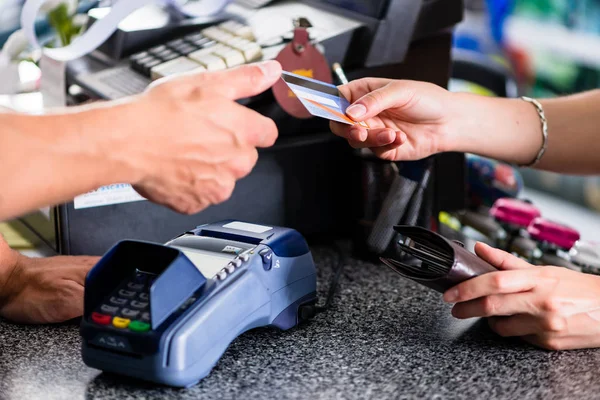
In many destinations, tap-to-pay cards or mobile wallets are widely accepted and can offer secure, quick transactions. These payments often use competitive exchange rates with minimal fees.
Contactless methods also reduce the need to carry large amounts of cash, lowering the risk of theft. However, always check if your payment app or card charges international transaction fees.
Like Travel Pug’s content? Follow us on MSN.
Understand Tipping Customs in Advance
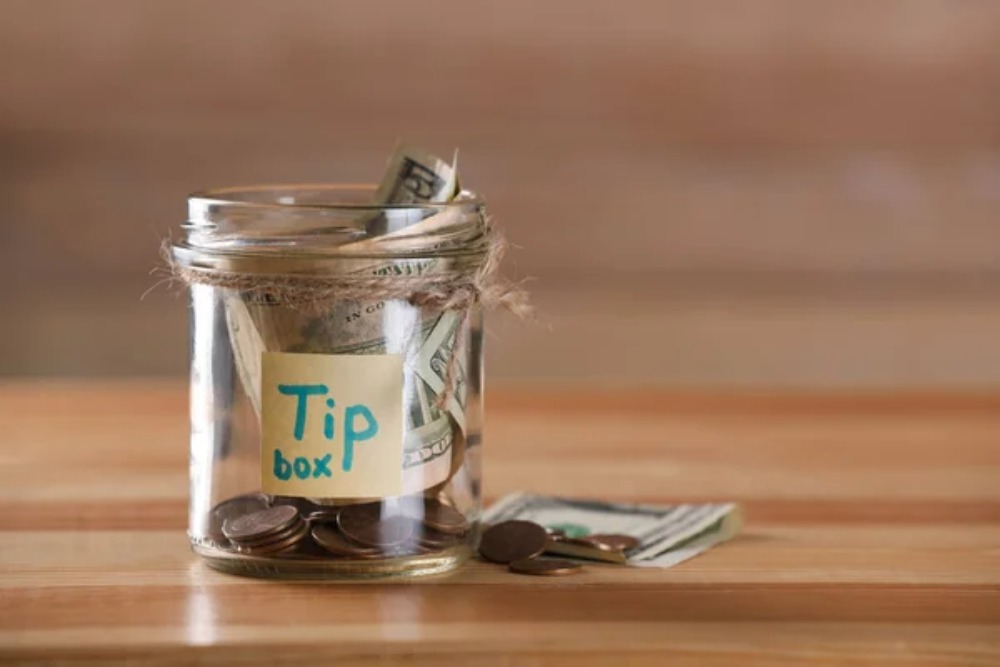
Tipping practices vary widely around the world—some countries include service charges, while others expect cash tips. Researching in advance prevents you from either overpaying or unintentionally offending service staff.
In places where tipping is done in cash, small local currency notes are best. This way, you avoid having to hand over larger denominations just to show appreciation.
Keep Emergency Cash in U.S. Dollars

U.S. dollars are widely accepted or easily exchangeable in many countries, especially in emergencies. Carry a small amount in crisp, undamaged bills, as torn notes may not be accepted.
This reserve can help if ATMs are down, local banks are closed, or the local currency suddenly loses value. Store it separately from your daily spending money for safety.
Check Card Foreign Transaction Fees
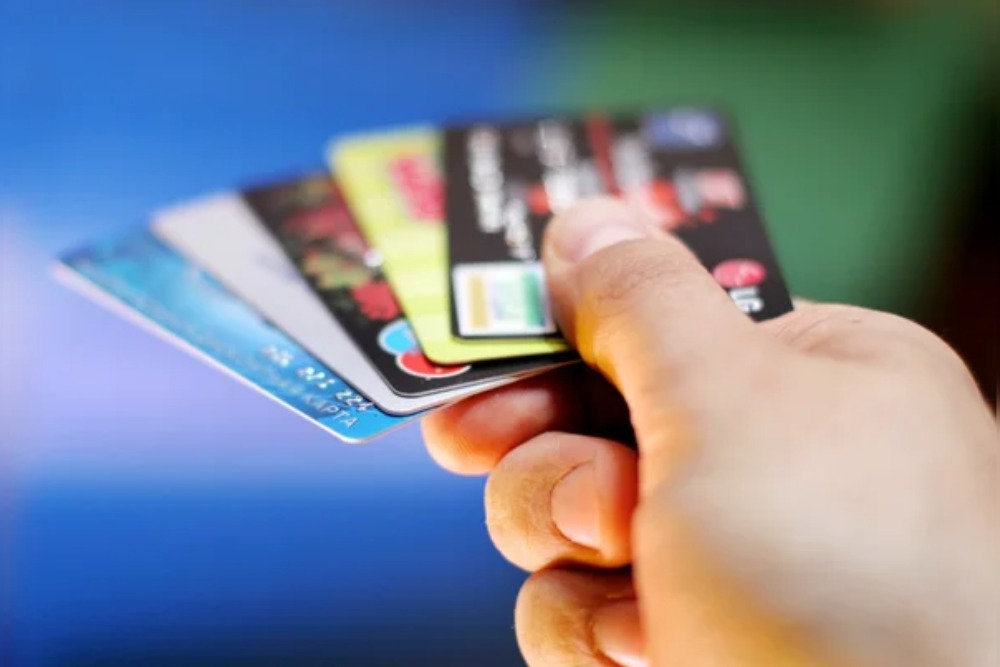
Some banks charge extra for processing international purchases, even if you’re using local currency. These foreign transaction fees can add up over time, especially on longer trips.
Look for travel-friendly cards with no such fees before you leave. Even saving a few dollars per transaction can make a big difference over multiple purchases.
Like Travel Pug’s content? Follow us on MSN.
Be Prepared for Cash-Only Areas
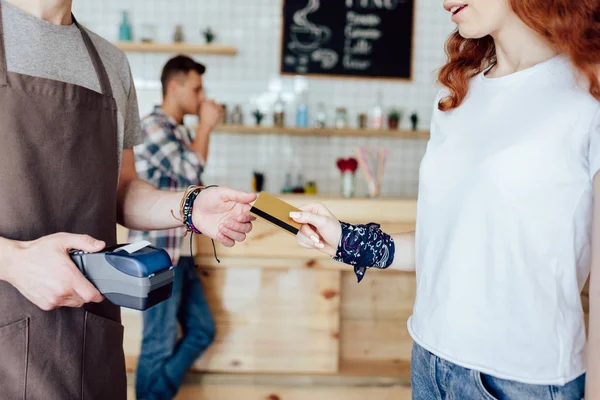
Not every destination has widespread card acceptance, especially in rural areas or traditional markets. Carry enough local cash to cover meals, transportation, and small purchases where cards aren’t an option.
This also helps you avoid paying extra just to find a card-friendly business. Having a set amount ready for each day makes budgeting easier.
Reconvert Leftover Currency Before Leaving
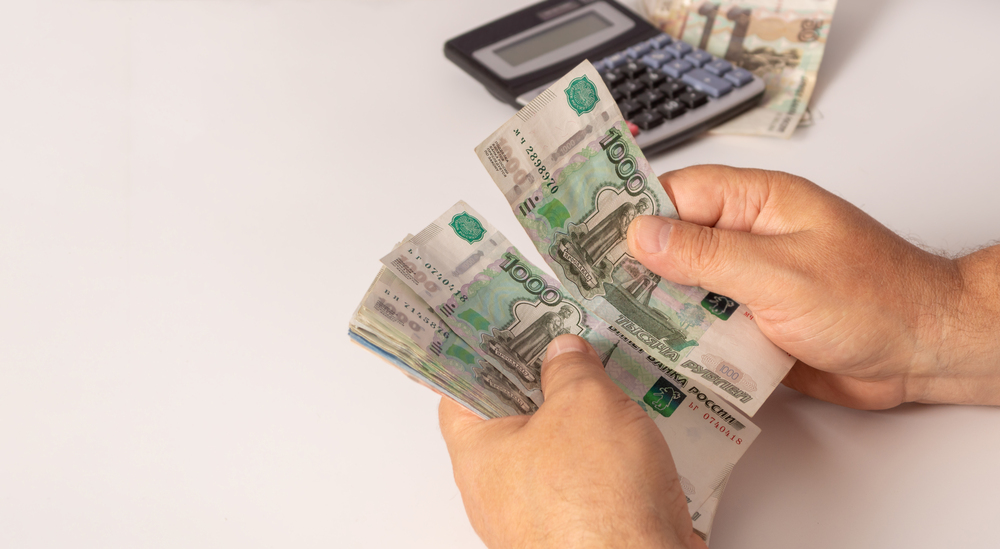
Some currencies are difficult to exchange once you’re back home, especially from smaller countries. Before leaving, convert leftover notes and coins back to U.S. dollars or another widely used currency.
Airports may not offer the best rates, but it’s better than ending up with bills you can’t use or exchange later. Keeping only a few coins as souvenirs helps avoid waste.
Money Smarts That Travel With You

Foreign currency handling has changed over the decades, moving from bulky travelers’ checks to instant card payments. Yet the same principle remains—protect your funds and make smart choices to get the most value.
Whether you’re heading to a bustling city or a quiet countryside, the right habits keep your trip stress-free and your budget intact. Those who plan often return home with more than just great memories—they bring back more of their money too.
Like Travel Pug’s content? Follow us on MSN.
More from Travel Pug

- 20 Best Beach Towns in the Carolinas
- 13 Destinations Where Tourists Regularly Regret Their Trip
- 20 Things You Actually Get in First Class
- 20 Small Airports With Aviation Museums
- 20 Places in the U.S. That Are Perfect for a Reset Trip
Like Travel Pug’s content? Follow us on MSN.
